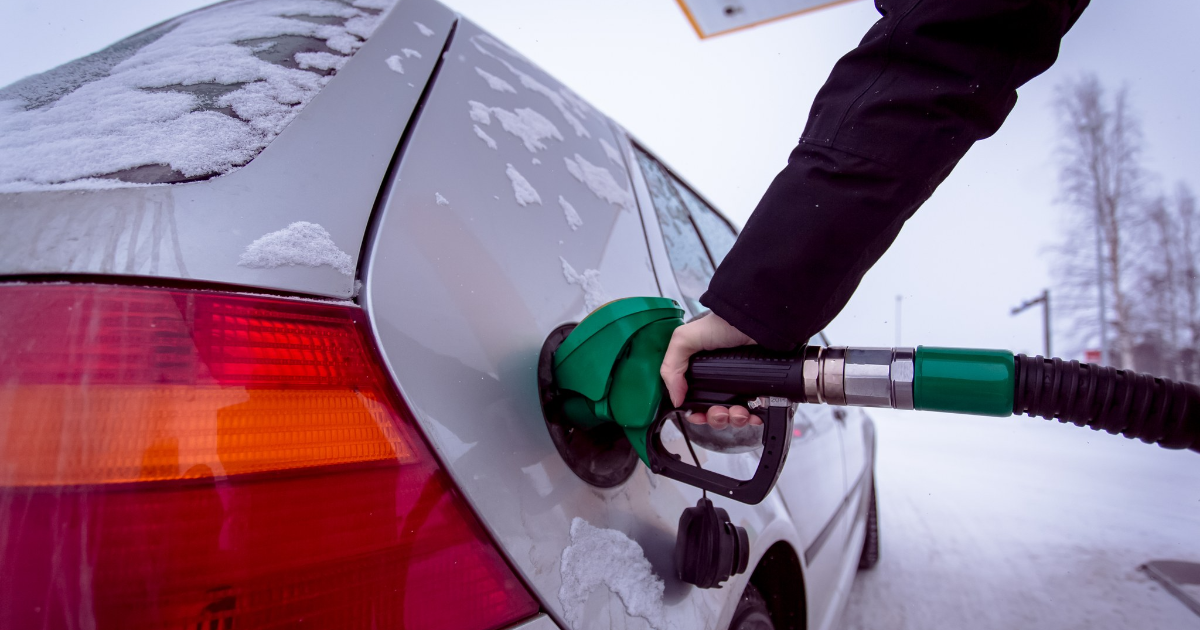Cost impacts from EU’s Fit for 55 climate package on road transport studied

The Ministry of Transport and Communications has published a report it commissioned on the cost impacts of the proposals in the EU's Fit for 55 Package on road transport. The report assessed how the legislative proposals included in the package would affect the fuel costs of road transport in Finland by 2030. The report is part of the preparations for the national processing of the Fit for 55 package.
The calculations used in the report are based on background forecasts that do not take into account Russia's invasion of Ukraine on 24 February 2022 or the increase in fuel prices before that. As a result, there are uncertainties in the forecasts.
Initiatives directly affecting the price of transport fuel addressed
The study is limited to initiatives of the Fit for 55 package that, if implemented, would have a direct impact on the prices of petrol, ethanol, diesel and gas used in road transport. The study assessed how the proposals for the new emissions trading scheme in road transport and for the changes in fuel excise duties would affect the consumer prices of liquid fuels in road transport and the operating costs of cars powered by internal combustion engines in Finland in 2030.
There are uncertainties about the effects of both the emissions trading scheme in road transport and the revision of the Energy Taxation Directive. There are only educated guesses about the price to be determined for the emission allowance on the market. In the assessments included in the study, the prices used for an emission allowance per tonnes of carbon dioxide equivalent were EUR 50, 100 and 150.
In the Commission's impact assessments, the price used for an emission allowance is EUR 50. The study indicated that extending the emissions trading scheme to road transport would increase the mixture price of petrol, at this emission allowance price, by 16 cents per litre and the mixture price of diesel by 11 cents per litre.
As a result, the average increase in the annual running costs of a passenger car would be EUR 113, of a van EUR 133, of a bus EUR 1,855, of a lorry without a trailer EUR 314 and of a lorry with a trailer EUR 3,643. Higher emission allowance prices would mean an increase in the costs as well. In business use, the value added tax included in fuel costs is deductible, which means that the direct cost impact is about 19% lower.
The reform of the Energy Taxation Directive proposed by the Commission would not directly oblige Finland to tighten the taxation of transport fuels, but it would have an impact on the tax levels of petrol and diesel.In the case of the scenarios used in the study, the changes in the emissions trading scheme and the excise duties together would affect the mixture price of petrol by 0-43 cents per litre and the mixture price of diesel by 14-39 cents per litre. However, the implementation of the tax proposal is uncertain. It could be carried out nationally in another manner than in the scenarios used in the study.
The study was commissioned by the Ministry of Transport and Communications and conducted by Ramboll Finland Oy.
What's next?
Both the Council of the European Union and the European Parliament have formulated their positions on the emissions trading scheme in summer 2022. The so-called trilogue negotiations are underway. They seek a common view on the final content of the proposal between the Member States, Parliament and the Commission. Agreement on the start of the scheme can be reached at the earliest by the end of 2022, most likely later. The scheme would start no earlier than in 2026.
According to the information currently available, the negotiations on the revision of the Energy Taxation Directive would extend into 2023. The revision of the Directive and the implementation of the taxation changes on transport fuels are uncertain. Tax matters in the EU must be decided unanimously. It is Finland's view that the harmonisation of the tax levels for petrol and diesel, as proposed by the Commission, should not be implemented.
Inquiries:
Valtteri Härmälä, Senior Specialist, tel. +358295 342 039, [email protected]
Tuuli Ojala, Ministerial Adviser, tel. +358 295 488 370, [email protected]
Press release, 3 June 2022: Finland's goals well taken into account in the agreement reached by the Transport Council on the EU climate package
Institutional Repository for the Government (Valto): Cost effects of the proposals in the EU’s Fit for 55 climate package to road transport Publications of the Ministry of Transport and Communi-cations 2022:10 (in Finnish)
Prime Minister's Office: Finland and the EU climate package



